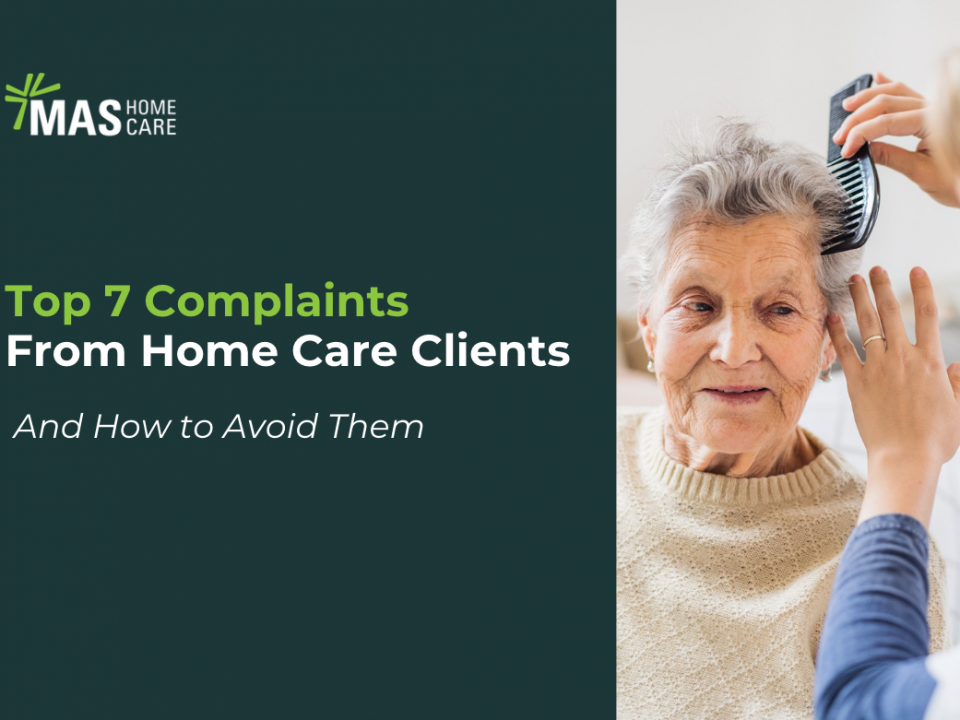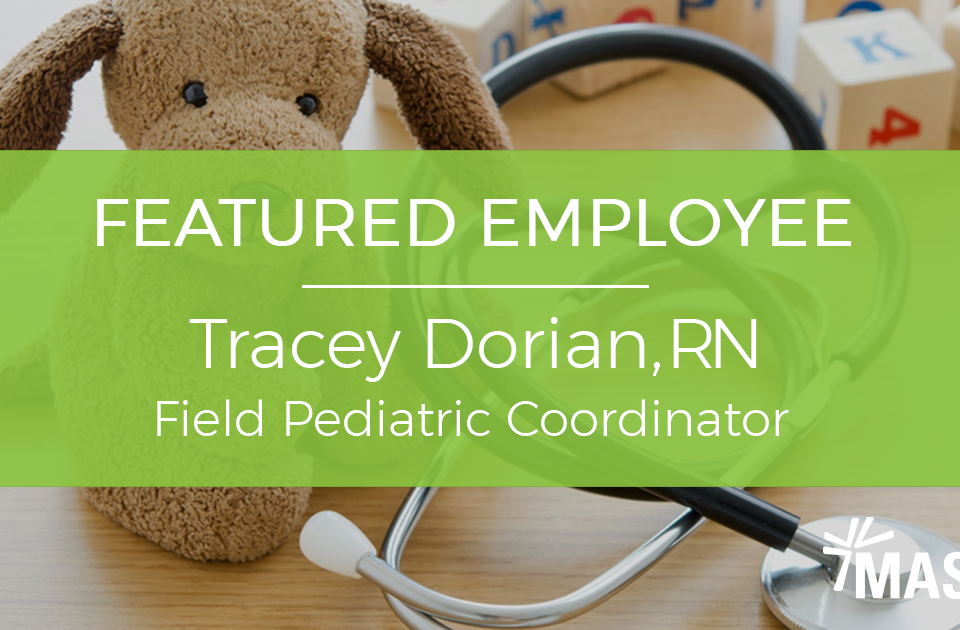Home Care Blog
Researching Maine Long Term Care
 Searching for information on Maine long term care for yourself or a family member can be a daunting task. There are an abundance of articles and websites dedicated to the topic. Deciding which ones are sharing updated, accurate facts that pertain to your circumstances can send anyone’s head spinning. There are so many terms to know. Long term care, respite care, and Medicare are just a few. Figuring out the difference between assisted living facilities, nursing homes, home care, and adult day services is another task in itself.
Searching for information on Maine long term care for yourself or a family member can be a daunting task. There are an abundance of articles and websites dedicated to the topic. Deciding which ones are sharing updated, accurate facts that pertain to your circumstances can send anyone’s head spinning. There are so many terms to know. Long term care, respite care, and Medicare are just a few. Figuring out the difference between assisted living facilities, nursing homes, home care, and adult day services is another task in itself.
To help make your search a little easier, here is a breakdown of some terminology you may find along the way in your search for Maine long term care:
Adult Day Services – These are programs that provide social and health services to individuals. You may also find them referred to as adult day care. Services may include meals, physical and educational activities, assistance with personal care and monitoring of health.
Assisted Living Facilities – These live-in facilities provide assistance to individuals while allowing them to maintain independence in the areas they are able. Most seniors who live here do not need constant care, but are not necessarily able to care for a home and the responsibilities it entails. Assisted living facilities provide meals, housekeeping, laundry, recreation, transportation and dispense medications.
Long Term Care– Long term care includes many services. They may be medical or non-medical related for individuals who are elderly, chronically ill or disabled. Most long-term care is meant to aid individuals with daily personal and health needs such as dressing, bathing, meal preparation, and medication reminders and dispersal. Long term care can be provided at home, in the community, or in an assisted living facility or nursing home.
Nursing Home– Nursing home residents generally need more personal assistance than those that live in an assisted living facility. They may have issues with things such as mobility, eyesight, dementia or Alzheimer’s disease. Nursing homes care for patients’ physical, medical, social and psychological needs.
Respite Care – Unpaid caregivers, such as family members who are caring for an elderly or disabled parent, also need a break from their job. Respite care is short-term, temporary relief for those caregivers who are providing care for a person who might otherwise be placed permanently in facility.
Medicaid – A U.S. government sponsored program for people over 65 years old or people under 65 years old with certain disabilities. People of all ages with end-stage renal (kidney) disease are also eligible.
Medicare– A U.S. government sponsored program for low-income individuals and families to pay for the cost of health care.
Hopefully you are now feeling a little better armed on your journey to finding long term care information. Your next step should be to contact MAS Home Care so we can share our knowledge and available services with you!
MAS Home Care provides in-home care services to the elderly and chronically ill in New Hampshire, Maine and Rhode Island.


